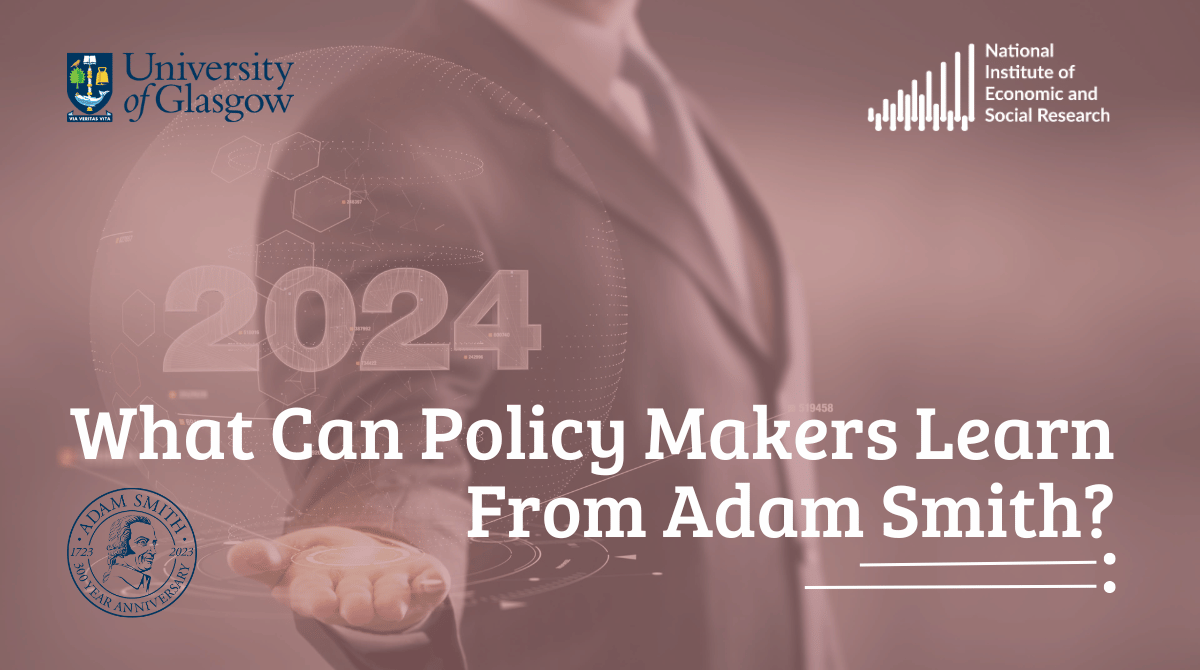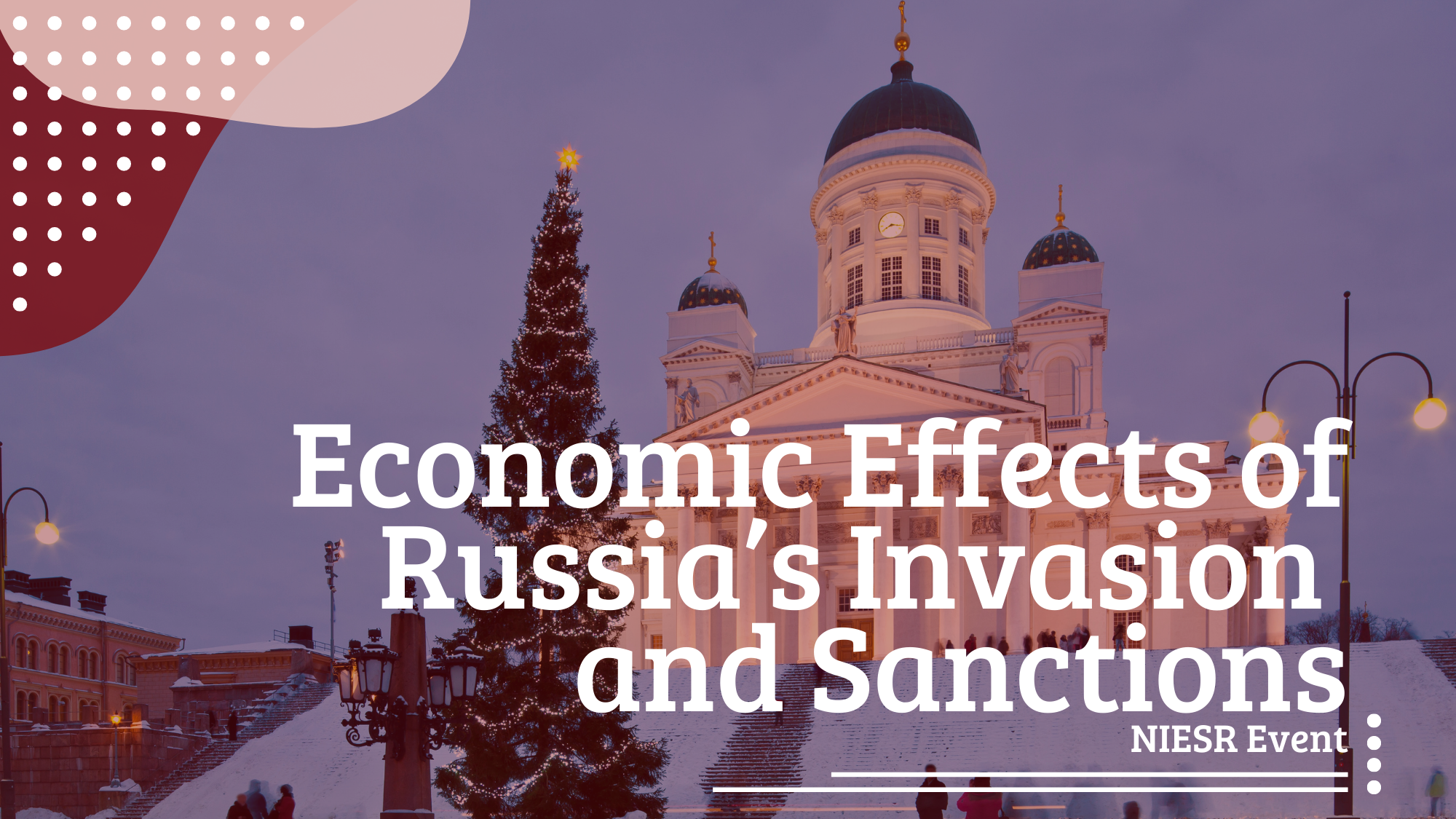- Home
- Publications
- The Wider Economic Impacts Of High-skilled Migrants: A Survey Of The Literature
The wider economic impacts of high-skilled migrants: a survey of the literature
 Pub. Date
Pub. Date
 Pub. Type
Pub. Type
Authors
Related Themes
Political EconomyTags
JEL Code
G23, G24, J15, J61, L5, L26, M12, M13, O31, O32, R11
Paper Category Number
413
In recent years, the economics of migration literature has shown a substantial growth in papers exploring host country impacts beyond the labour market. Specifically, researchers have begun to shift their attention from labour market and fiscal changes, towards exploring what we might call ‘the wider effects of migration’ on the production and consumption sides of the economy – and the role of high-skilled migrants in these processes. This paper surveys the emerging ‘wider impacts’ literature, including studies from the US, European and other countries. It sets out some simple, non-technical frameworks, discusses the main empirical findings and identifies avenues for future research.
Related Blog Posts

What Can Policy Makers Learn From Adam Smith?
Sayantan Ghosal
Graeme Roy
11 Mar 2024
5 min read

Reflections on the 2024 Spring Budget: What Was and Wasn’t Addressed
Monica George Michail
Stephen Millard
11 Mar 2024
5 min read

How the Chancellor’s Budget Could Help Households and the Struggling Regions
Arnab Bhattacharjee
Robyn Smith
Adrian Pabst
04 Mar 2024
6 min read

Adam Smith’s Division of Labour in Today’s World of Global Markets
Diane Coyle
25 Jan 2024
4 min read
Related Projects

Related News


Related Publications


The Nature of the Inflationary Surprise in Europe and the USA
21 Mar 2024
Discussion Papers

Energy and Climate Policy in a DSGE Model of the United Kingdom
08 Mar 2024
Discussion Papers

Geopolitical Risks and the Global Economy
07 Feb 2024
Global Economic Outlook Box Analysis
Related events

What Can Policy Makers Learn From Adam Smith?

NMITE and the Political Economy of Higher Education – Jesse Norman

Economic Effects of Russia’s Invasion and Sanctions

2022 Deane-Stone Lecture – The Uses and Abuses of Economic Statistics

The Political Economy of Devolution in, and Secession from, the UK

What Next for the Levelling-Up Agenda? Addressing New and Old Challenges in the UK Regional Inequalities Landscape





